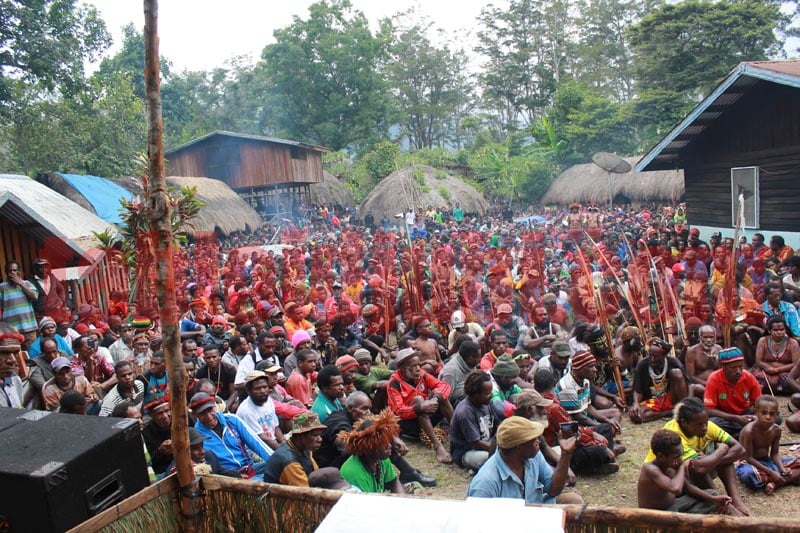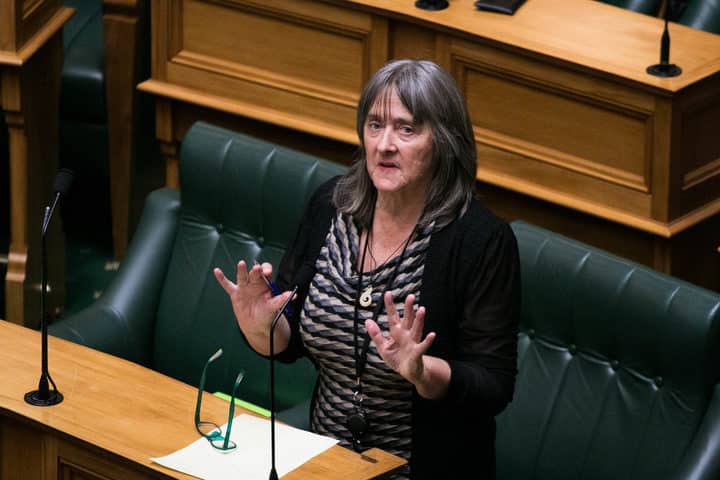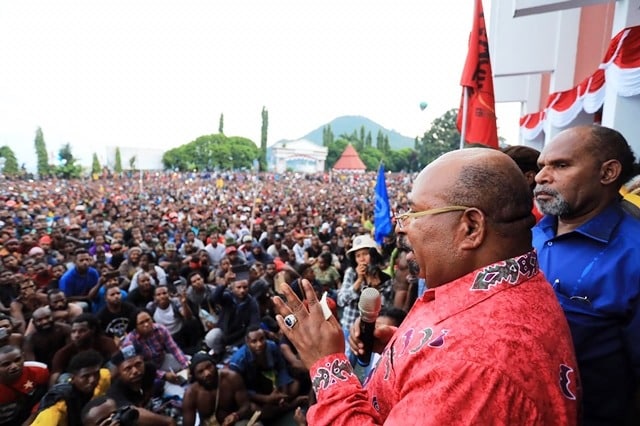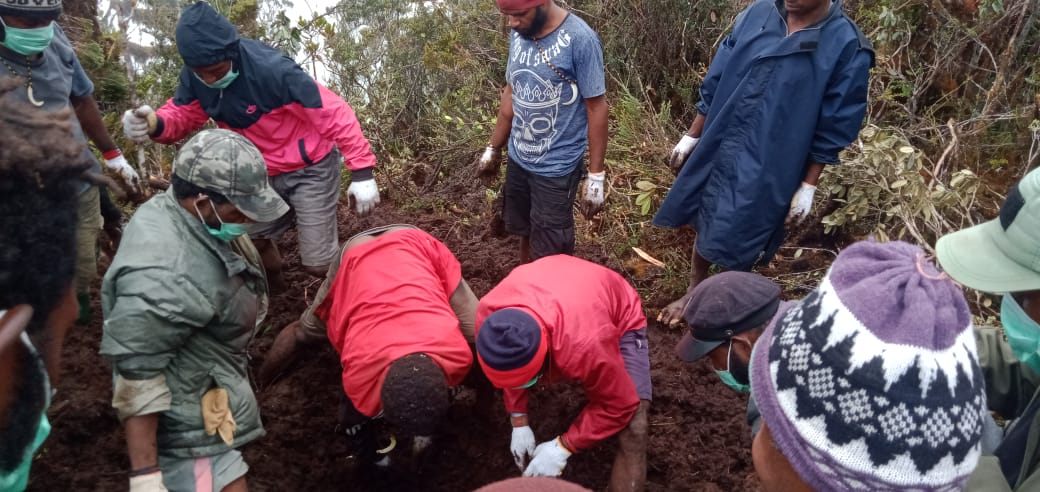Another instance of rhetoric not matching reality is the fact that although Indonesian President Joko Widodo promised that there would be no restrictions on foreign journalists’ travelling to Papua, there have been no specific policies to implement such a promise. Any foreign journalist who wants to visit Papua still has to obtain permission through complicated procedures and follow strict requirements, particularly from security agencies, and occasionally without coordination with the Ministry of Foreign Affairs.

For years the Pacific has not been a diplomatic priority for the Indonesian government. There is no single agency within the foreign affairs bureaucracy that mainly focuses on Pacific countries. As a result, many Indonesian diplomats lack the competence to respond to the Papuan independence campaign currently gaining traction across the Pacific region. Indonesia lacks strong diplomatic relationships with Pacific states, even though formal diplomatic relations with countries such as Papua New Guinea and Fiji were established in the 1980s.
Indonesia has provided only ad hoc economic assistance to Pacific countries, either as part of economic diplomacy or to attempt to limit the sway of Papuan independence campaigners. The Indonesian president’s recent rejection of a request for a meeting from the Solomon Islands prime minister and chair of the MSG, Manasseh Sogavare, raises doubts about Indonesia’s commitment to tackling the pro-independence narrative through diplomacy.
In any case, the Indonesian government has not learned from its past actions related to separatist movements. In the case of East Timor, the Indonesian government underestimated the role of the Fretilin group and its charismatic and savvy chief diplomat, Jose Ramos Horta. Despite limited resources, Horta was able to convince the international community to pay close attention to what happened in this tiny nation from its integration in 1975 to its attaining independence in 2002. In the case of Papua, the central government has underestimated the potency of Papuan intellectuals, both in Papua and in exile, to coordinate their campaign for independence.
Ineffective diplomacy in the Pacific and elsewhere is hampering Indonesia’s ability to counter the internationalisation of pro-independence narratives — and with that its ability to promote solutions to the Papuan conflict that emphasise dialogue between the Indonesian government and its Melanesian citizens.
Hipolitus Yolisandry Ringgi Wangge is a researcher at the Marthinus Academy in Jakarta. Gafur Djali is Executive Director of the Maluku Institute. Both authors have been conducting fieldwork research in Papua.
This piece was originally published over at East Asia Forum here, and is republished with kind permission.
















